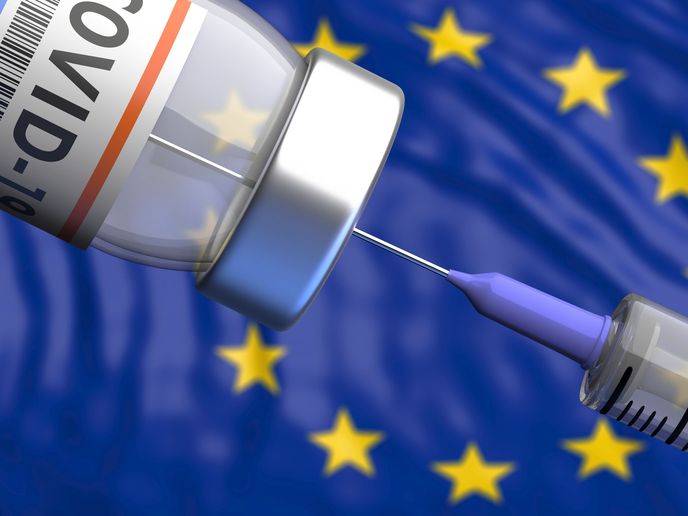Resource sharing among European biobanks
Optimal resource pooling and enhanced research capacity can be achieved when biobanks share samples and data with different European research groups. However, this is hampered by logistical, ethical and legal barriers. The EU-funded 'Ethical, legal, social and practical barriers to sharing between biobanks in Europe' (ELSPBSBBE) project worked on identifying such barriers and possible means of resolving them. Project members comprehensively reviewed existing literature on barriers to sharing biobanking data and samples. Some major issues identified were lack of standardisation and harmonisation as well as legal and ethical constraints. Another issue was the lack of adequate empirical research data on issues hampering biobanks sharing resources. ELSPBSBBE conducted empirical research through interviews with key European stakeholders in biobanking. Swiss stakeholders proved particularly useful in identifying important factors. This included issues with publication credit, consent and the ethics committees imposing limitations on sharing samples. Besides these concerns, practical considerations such as lack of will, logistics of transportation and obtaining consent from participants were highlighted. The team also surveyed European stakeholders in genetics research on the Bioresource Research Impact Factor(opens in new window) (BRIF) initiative. BRIF was initiated to promote equitable sharing and standardisation of the bioresources: biobanks, databases and bioinformatics tools. Survey results revealed that about 89 % of the stakeholders were unaware of BRIF, out of which around 63 % believed it could be useful. As a result, team members concluded that raising awareness about BRIF among stakeholders is important to reduce barriers to sharing. Particular attention was also given to biobanks set up by companies that sell genetic testing directly to consumers. Concerns about patenting, patient privacy, research transparency and informed consent were raised that could also affect resource sharing. Project activities highlighted major factors that prevent optimal bioresource sharing. Key biobank stakeholders and policy makers can use these findings to develop ethical solutions and maximise the research potential of biobanks.







